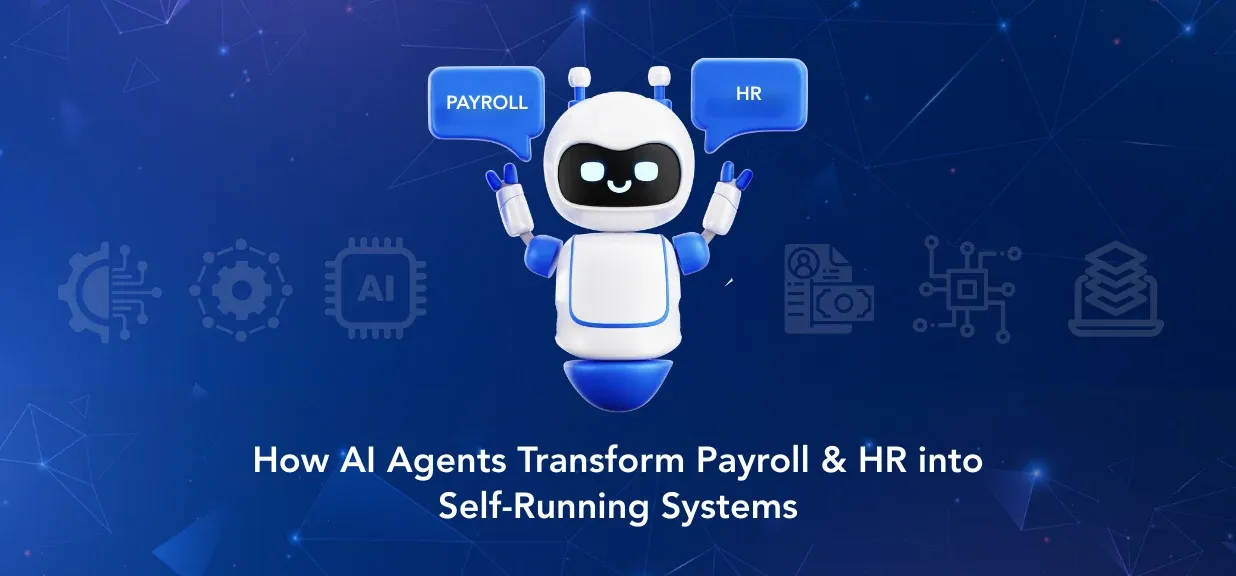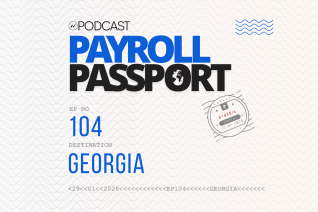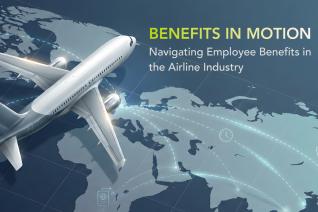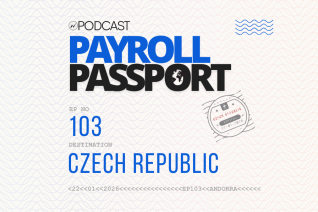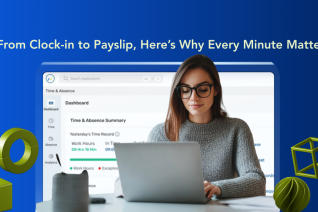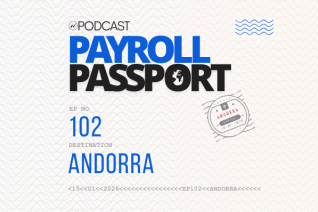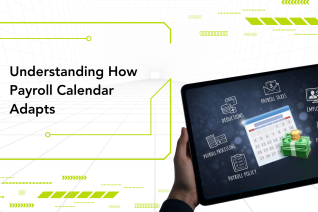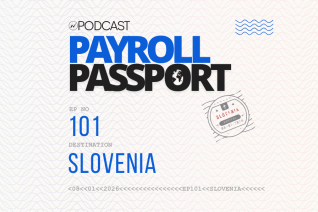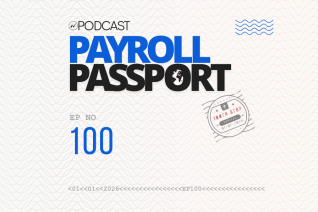In today’s rapidly evolving workplace, HR and payroll are no longer just administrative functions; they are strategic pillars that shape employee experience, ensure compliance, and drive organizational efficiency. The rise of AI agents is redefining how these operations are managed, enabling organizations to move beyond manual processes and adopt intelligent systems that learn, adapt, and act autonomously.
Global HR and payroll operations are particularly complex. Each country has unique tax laws, labor regulations, and statutory benefits. Manual handling of these processes often leads to errors, compliance risks, and frustrated employees. AI agents are addressing these challenges by automating repetitive tasks, generating actionable insights, and ensuring compliance across geographies, setting the stage for a new era of capability-driven payroll operations.
What Are AI Agents?
An artificial intelligence (AI) agent is a system that autonomously performs tasks by designing workflows with available tools. AI agents can encompass a wide range of functions beyond natural language processing, including decision-making, problem-solving, interacting with external environments, and performing actions. They solve complex tasks across enterprise applications, including software design, IT automation, code generation, and conversational assistance. AI agents use advanced natural language processing techniques of large language models (LLMs) to comprehend and respond to user inputs step-by-step and determine when to call on external tools.
ALSO READ | AI in Global Payroll: If You're Still Thinking in 2023 Terms, You're Already Behind
How do AI Agents work in HR & Payroll Operations?
AI agents are poised to transform HR and payroll by turning goals into actions, executing with precision, and learning continuously. They go beyond automation, becoming strategic partners that enhance compliance, improve employee experience, and free HR teams to focus on growth.
1. Transforming Payroll & HR Goals into Action
AI agents help with achieving objectives set by the organization. In HR and payroll, these objectives might include assistance with payroll processing, maintaining compliance with labor regulations, or resolving employee queries efficiently. Large, complex tasks are broken down into prioritized subtasks, allowing the agent to focus on actions with the greatest business impact.
2. Intelligent Data Gathering
To make informed decisions, AI agents draw from a broad array of internal and external data sources, including HRIS systems, payroll databases, time and attendance records, and regulatory portals. Raw data is transformed into structured insights that form the foundation for planning, action, and assistance.
3. Strategic Planning and Risk Assessment
With data in hand, AI agents assess the current state, forecast outcomes, and map pathways to achieve the desired objectives. For example, in global payroll, an agent may assess and lay out compliance requirements for multiple countries and provide insights into outcomes in case of non-compliance. It can help plan compliance activities and further help sync plans to action by updating them in the compliance calendar.
4. Precision Execution
Once a plan is defined, AI agents execute tasks with speed and consistency. Execution is dynamic; agents adjust workflows in real time based on new information or changing circumstances.
5. Continuous Learning and Adaptation
AI agents continuously refine their processes by analyzing outcomes, detecting anomalies, and incorporating human feedback. For instance, if an error in payroll computation is detected, the agent learns to flag similar cases in future cycles proactively. This iterative learning enhances accuracy and reduces operational risk.
6. Feedback-Driven Improvement
A hallmark of AI agents is their self-improving feedback loop. By gathering input from HR teams, employees, and system results, agents evolve strategies and optimize actions over time. This ensures that processes are not just automated, but smarter, more resilient, and aligned with organizational objectives.
Real-world use cases of AI Agent in HR & Payroll
From Autonomous to Intelligent Capability
Historically, HR and payroll relied on manual intervention or rule-based automation. While these methods reduced repetitive work, they lacked adaptability for the dynamic challenges of modern workplaces. Autonomous Global Payroll brings in a higher level of capability, applying machine learning and natural language processing to analyze data, identify patterns, and make real-time decisions.
For example, in payroll processing, AI agents can validate timesheets, calculate deductions, and ensure compliance with local tax laws. This reduces errors, mitigates compliance risks, and frees HR teams to focus on strategic priorities.
Enhancing Employee Experience
AI agents are transforming how employees interact with HR and payroll systems. Instead of navigating complex portals or waiting for responses, employees can receive instant, personalized assistance through conversational interfaces.
Whether answering questions about benefits, AI agents improve accessibility, responsiveness, and satisfaction, ultimately fostering a more engaged and capable workforce.
ALSO READ | The Future of Global Payroll: Powered by Artificial Intelligence
Driving Data-Driven Decision Making
Beyond improving operational efficiency, AI agents empower HR leaders with actionable insights by continuously analyzing employee and payroll data. They can identify discrepancies in pay equity, enabling organizations to address potential issues proactively. These predictive insights and capability-building allow organizations to make informed, strategic decisions, transforming HR and payroll from reactive administrative functions into forward-looking, strategic pillars of the business.
Ensuring Global Compliance
Compliance remains a critical challenge, especially for organizations operating across multiple countries. Labor laws, tax codes, and reporting requirements vary significantly and are subject to frequent changes. AI agents help organizations stay ahead by monitoring regulatory updates and automatically adjusting processes to maintain compliance.
This proactive approach mitigates legal risk, ensures accurate compensation, and builds trust with employees, allowing HR teams to focus on strategic workforce initiatives rather than routine compliance checks.
AI + Software as a Growth Enabler
When AI converges with powerful software, it delivers far more than efficiency; it drives meaningful organizational impact. By automating routine tasks and uncovering actionable insights, HR teams can redirect their energy toward what truly fuels growth: employee engagement and workplace culture. Together, AI and software are transforming payroll and HR into smarter, more autonomous, and strategically driven functions.
Conclusion
AI agents are redefining HR and payroll, shifting focus from transactional tasks to capability-driven operations that enable smarter decision-making, faster processes, and a better employee experience.
At Neeyamo, we enable organizations with autonomous global payroll, zero-touch payroll operations, and the ability to manage the complexities of long-tail payroll. Building on these capabilities, we are set to launch our AI Payroll Agent on September 16, 2025 - a transformative step that will further streamline global payroll, safeguard compliance, and enhance both employee and organizational outcomes. This marks the next evolution in HR and payroll operations, where intelligence and automation converge to create lasting impact.
Reach out to irene.jones@neeyamo.com to know more!
